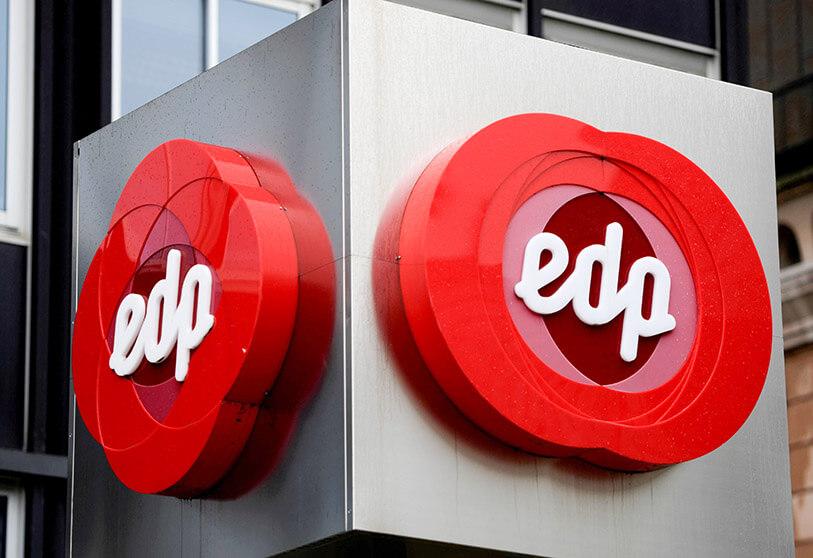Portugal’s largest utility, EDP, has expressed confidence that the European Commission’s decision to allow the sale of cars running on e-fuels after 2035 will not deter its plans to roll out electric vehicle (EV) charging stations. Speaking on the sidelines of the Aurora conference in Oxford, southern England, EDP CEO Miguel Stillwell D’Andrade said, “It was a compromise, but there is certainly still a lot of space for electric vehicles. Primarily there is still a large deficit in terms of infrastructure and that will need to be built out over the next few years.”
The policy to end sales of new CO2-emitting cars in 2035 was approved by European Union countries’ energy ministers on Tuesday. However, Germany’s exemption for cars running on e-fuels offers the potential for continued sales of traditional vehicles, although e-fuels are not yet produced at scale.
See also: EU Drafts Proposal to Allow Sales of Internal Combustion Engine Cars Running on E-Fuels After 2035
Despite the exemption, EDP remains committed to its goal of expanding EV infrastructure. The company currently has over 3,500 charging points in operation or development on the Iberian peninsula, with plans to deliver more than 7,000 by 2026. EDP’s confidence in the growth of EVs is echoed by industry experts who believe that the shift towards electric transportation is unstoppable.
According to a recent report by BloombergNEF, the cost of electric cars is expected to reach parity with internal combustion engine vehicles by 2027, even without subsidies. The report also predicts that by 2040, electric cars will make up 58% of new passenger car sales globally. With the continued growth of EVs, the demand for charging infrastructure is only set to increase.
EDP’s commitment to expanding EV infrastructure and providing charging solutions for electric vehicle owners across Europe is an essential step towards a sustainable future. As Miguel Stillwell D’Andrade stated, “there is still a lot of space for electric vehicles,” and EDP is determined to play a leading role in making electric transportation accessible and affordable for everyone.
